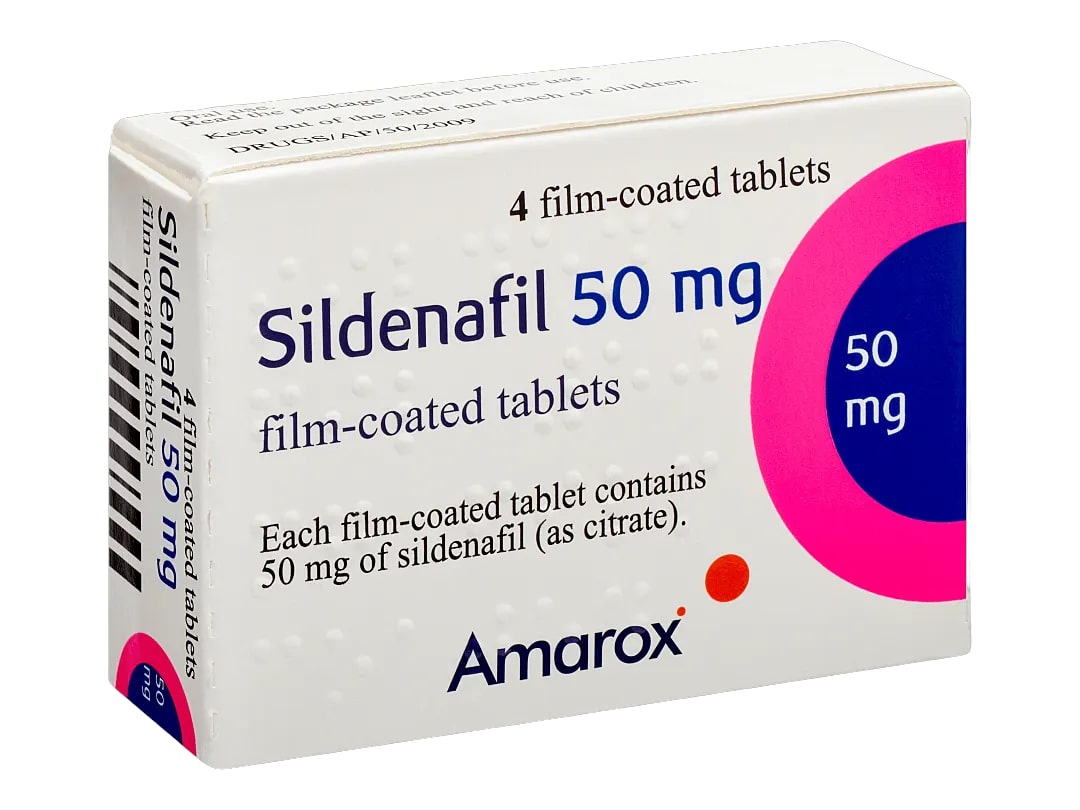Why Choose Sildenafil?
Improved Sexual HealthEnhance your overall sexual well-being with sildenafil, a trusted medication for addressing erectile dysfunction and improving intimacy.
Increased ConfidenceRegain your confidence in the bedroom with sildenafil, a reliable solution for achieving and maintaining satisfying erections.
Enhanced IntimacyStrengthen your relationship and enjoy greater intimacy with sildenafil, a medication that can help restore sexual function.
Greater ControlTake control of your sexual health with sildenafil, a medication that empowers you to achieve desired outcomes.
Restored FunctionSildenafil can help restore sexual function and improve quality of life for men experiencing erectile dysfunction.
Always follow your doctor’s instructions for the best results and safety.


